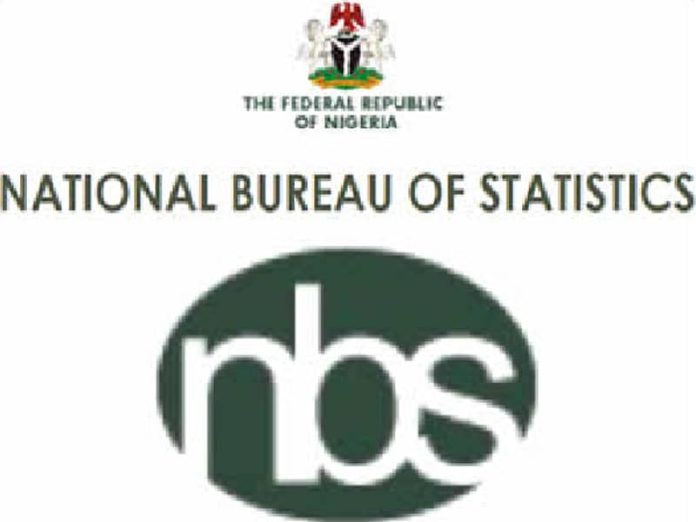In the second quarter of 2023, the Nigerian economy experienced a significant decline in various sectors.
According to data from the Nigerian Bureau of Statistics, a total of twenty-six sectors, including food, textile, and others, suffered a loss of over N1tn in economic value.
The collective contribution of these sectors to the real GDP dropped from N7.69tn in the first quarter to N6.54tn in the second quarter of 2023.
Among the sectors that contracted during this period were fishing, crude petroleum and natural gas, cement, food, beverage and tobacco, textile, apparel and footwear, wood and wood products, pulp, paper and paper products, non-metallic products, basic metal, iron and steel, motor vehicles and assembly, other manufacturing, construction, accommodation and food services, road transport, and air transport.
Other sectors that were negatively impacted In Q2 2023 were post and courier services, publishing, motion pictures, sound recording and music production, arts, entertainment and recreation, financial institutions, real estate, professional, scientific and technical services, education, other services, metal ores, and plastic and rubber products.
In its recently released GDP results, the NBS revealed that real GDP marginally rose by o.20 percentage points to 2.51 per cent in Q2, 2023 from the 2.31 per cent it was in Q1, 2023.
It said, “Nigeria’s Gross Domestic Product (GDP) grew by 2.51 per cent (year-on-year) in real terms in the second quarter of 2023. This growth rate is lower than the 3.54 per cent recorded in the second quarter of 2022 and may be attributed to the challenging economic conditions being experienced.”
In the first quarter of 2023, cash scarcity caused the economy to shrink from 3.52 per cent in Q4, 2022 to 2.31 per cent in Q1, 2023.
The NBS stated, “Gross Domestic Product grew by 2.31 per cent (year-on-year) in real terms in the first quarter of 2023. This growth rate declined from 3.11 per cent recorded in the first quarter of 2022, and 3.52 per cent in the fourth quarter of 2022. The reduction in growth is attributed to the adverse effects of the cash crunch experienced during the quarter.”
READ ALSO: Lawyers grumble as Tinubu opens NBA conference
While a 0.20 percentage point quarter-on-quarter growth was recorded in Q2, 2023, worsening economic hardship ensured that growth remained below 3 per cent. Inflation rose for the sixth consecutive month to 22.79 per cent in June, increasing pressure on purchasing power.
Nigeria’s GDP growth is still below the projections of the International Monetary Fund which expects a 3.2 per cent growth rate for 2023.
The decline in economic activity has been tied to recent economic reforms, which have been predicted to cause some discomfort in the short term. The removal of fuel subsidy and the unification of exchange rates have hit businesses negatively.
























